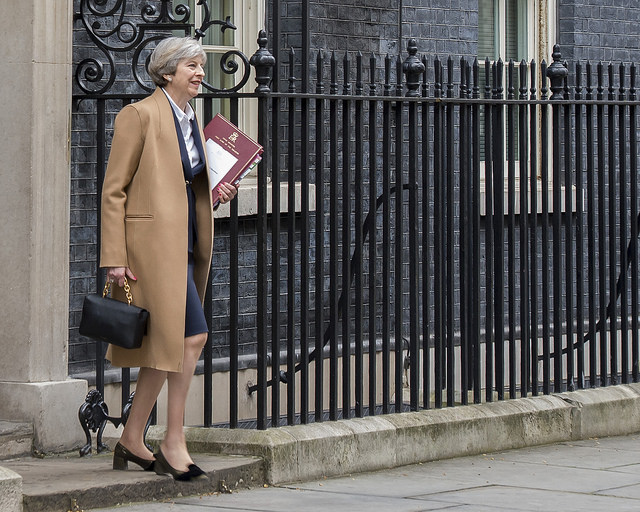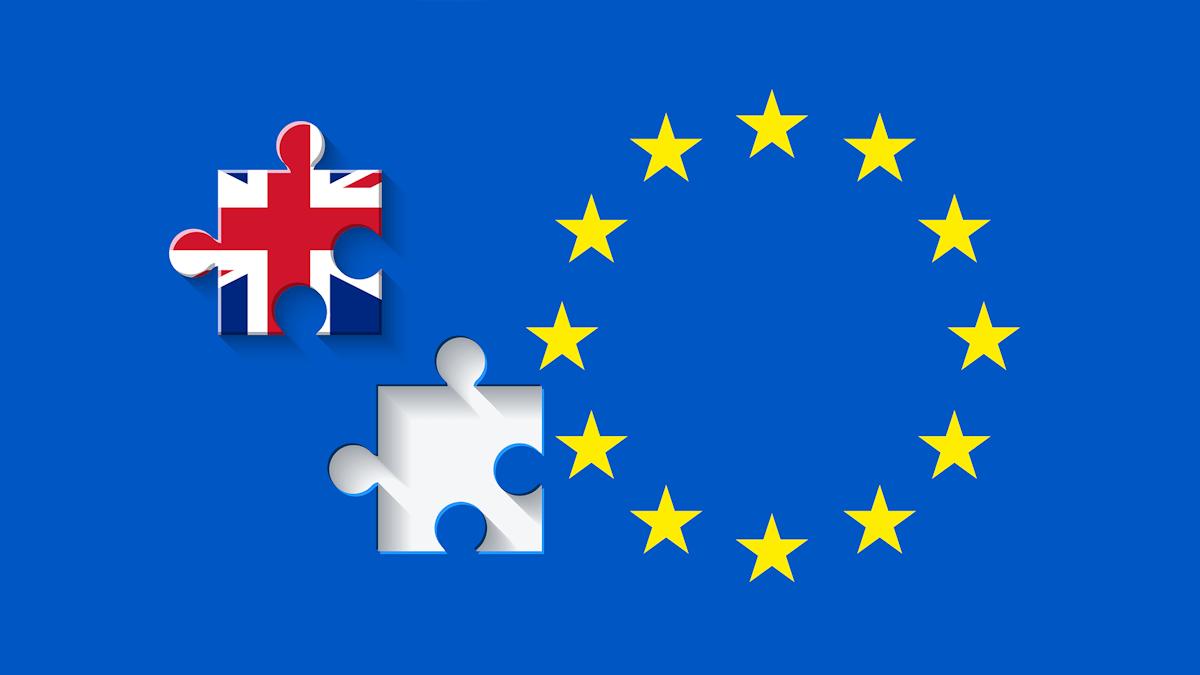Weakened May to cling on after shock UK election result, Brexit plans in tatters

British politics have once again been rocked by a massive shock result.
Theresa May and the Conservative party have emerged as the party with the most votes from yesterday's UK general election, but the results are a disaster for the party, which has lost its majority in the House of Commons.
Almost exactly one year on from the EU referendum, many parts of the electorate appear to have rejected May's plans for a Hard Brexit, and have produced a hung parliament.
The Prime Minister had called the snap general election in order to strengthen her hand going into the Brexit negotiations, which start in just 10 days time, but instead the gamble has backfired.
There is still one parliamentary seat to declare, but it is clear the Conservatives are set to finish on 318 parliamentary seats, well short of the 326 required to form a majority government, and will have to rely on support from Northern Ireland’s Democratic Unionist (DUP) party in order to remain in power.
The big winner of the night was Jeremy Corbyn and the opposition Labour Party, which has pulled off a shock surge in support, gaining 29 seats across the UK to an expected total of 262 MPs, thanks to its ‘Soft Brexit’ and anti-austerity campaign.
It was also a bad night for English nationalist part UKIP and north of the border the Scottish National Party as well, voters apparently turning away from its calls for second Scottish independence referendum.
The result creates just the kind of uncertainty most voters in the UK were hoping to avoid – and a humiliating contrast to the ‘strong and stable’ mantra May had repeated during the election campaign.
However May is understood to be determined to stay on in office, despite being weakened by the vote.
There is still no official confirmation that the DUP will work with the Conservatives, but if it does, it may well call for a softer Brexit. This is because Northern Ireland could lose out if it cannot trade freely with the Republic of Ireland across the border, and the EU as a whole.
Brexit negotiators on the EU side have already commented that negotiations with the UK may have to be delayed.
Implications for the NHS and pharma industry
While many business leaders have major concerns about Brexit, most had been hoping for a clear result to allow politicians to proceed with negotiations and allow sectors to make their own plans.
Carolyn Fairbairn, Director-General of the Confederation of British Industry (CBI) said:
“This is a serious moment for the UK economy. The priority must be for politicians to get their house in order and form a functioning government, reassure the markets and protect our resilient economy."
She added: “For the next Government, the need and opportunity to deliver an open, competitive and fair post-Brexit economy that works for everyone across all our nations and regions has never been more important.”
However the results throw into further confusion what the UK’s position will be in terms of immigration controls and trade arrangements, and looks likely to prolong and complicate negotiations which already promised to be fiendishly complex.
This uncertainty extends to the pharmaceutical industry and life sciences sector. The pharma sector, led by the ABPI, had been expecting to work with a strengthened Conservative party to forge a new post-Brexit industrial strategy, but this looks likely to be further de-prioritised by a weakened government.
May had promised a small uplift in spending on NHS spending (£8bn over five years), which would not be enough to avert further difficult decisions and major restructuring in the health service. This is in contrast to pleas from the ABPI and think tanks such as the King's Fund and the Nuffield Trust for greater spending.
Responding to the results, Mike Thompson, chief executive of the ABPI said: “This political uncertainty is as damaging for the pharmaceutical industry as it is for other businesses."
"Having triggered Article 50, there are crucially important decisions that the UK Government and the European Union need to resolve within timelines that were already very challenging.
"We need politicians in the UK and across Europe to be pragmatic, and ensure that they put the interests of patients and public health first. In all scenarios, we will need continued co-operation with Europe on all aspects of medicines regulation.”
Incisive Health, an agency specialising in NHS policy and communications said the result would make service change more difficult.
Writing in a blog in the wake of the results, it said: “NHS England has made clear that it wants [Sustainability and Transformation Plans] STPs to press on with reconfigurations this summer. Yet, with the possibility of another election in the coming year, the political appetite for controversial service change is likely to be non-existent. Planned rationing decisions can also expect stronger challenge from nervous politicians.”
One of the Theresa May’s clearest stumbles during the election was over the reforms to social care, plans which critics dubbed the ‘dementia tax’. Incisive Health says the election result makes long term reform of social care highly unlikely.
For now, May will seek some form a workable government, but predictions of her own exit, and the spectre of yet another general election will never be far away in the coming months.
Image credit: Jay Allen. Copyright: Crown Copyright












